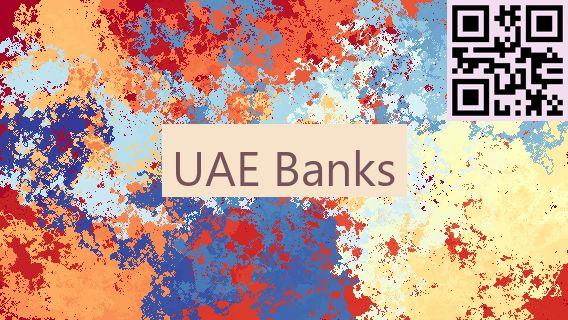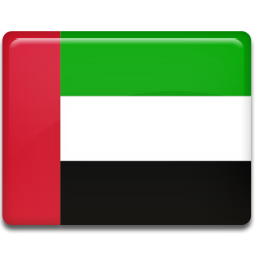UAE Banks
The banking industry of the United Arab Emirates is one of the most well-developed and sophisticated in the region. It has come a long way since the establishment of the first UAE bank in the country in 1975. Today, there are dozens of banks in the UAE, all offering a wide range of services and products suited to the needs of the local population.

The UAE banking sector is regulated by the Central Bank of the United Arab Emirates (CBUAE). This body ensures that the financial system is stable and functioning properly. It also provides oversight and regulation for the banking industry, setting standards for banks’ operations and lending practices, as well as ensuring compliance with international standards.
The UAE banking sector is composed of two types of banks: commercial banks and investment banks. Commercial banks are responsible for providing day-to-day banking services to individuals and businesses, such as deposits, loans, money transfers, and other financial services. Investment banks, on the other hand, are financial institutions that provide long-term financing and capital investments.
The UAE banking sector is highly competitive and banks are constantly striving to offer the best services and products. Banks are continually innovating and seeking new opportunities to grow their businesses. For example, they are increasingly offering banking services to expatriates and foreign investors, as well as introducing digital banking services such as online and mobile banking.
The UAE banking sector is dominated by a handful of large, international banks. These include the National Bank of Abu Dhabi, Emirates NBD, Dubai Islamic Bank, Abu Dhabi Commercial Bank, and First Gulf Bank. These banks offer a wide range of services to customers, including personal banking, corporate banking, investment banking, and asset management.

The UAE banking sector is also home to a number of regional and international players. These include banks from the Gulf Cooperation Council (GCC) countries, such as Bahrain and Qatar. Other regional banks include Mashreq Bank, Samba Financial Group, and Al Hilal Bank. International banks with a presence in the UAE include HSBC, Citibank, Standard Chartered, and Barclays.
The UAE banking sector has grown significantly over the years and today provides a wide range of products and services to meet the needs of customers. Banks in the UAE offer a variety of deposit accounts, including current accounts, savings accounts, and time deposits. They also offer a range of loan products, including personal loans, car loans, and home loans. Additionally, banks offer a variety of investment options, such as mutual funds, equities, and bonds.
The UAE banking sector is well-positioned to meet the needs of customers in the future. The sector is expected to continue to grow as the economy grows and more people move to the UAE to take advantage of the country’s strong economy and attractive lifestyle. Banks in the UAE are also introducing innovative products and services, such as digital banking and Islamic banking, to meet the needs of customers in the changing financial landscape.

Eventually
Commercial banks are responsible for providing day-to-day banking services to individuals and businesses, such as deposits, loans, money transfers, and other financial services. These include the National Bank of Abu Dhabi, Emirates NBD, Dubai Islamic Bank, Abu Dhabi Commercial Bank, and First Gulf Bank. These banks offer a wide range of services to customers, including personal banking, corporate banking, investment banking, and asset management.
#investing #depository_financial_institution #needs #motivation #external #fiscal #uae #service #investment #loanword #necessitate #product #crack #indigence #products #international #bank #financial #banking #need #loan #loansmerchandise #services #offer #lend #banks



